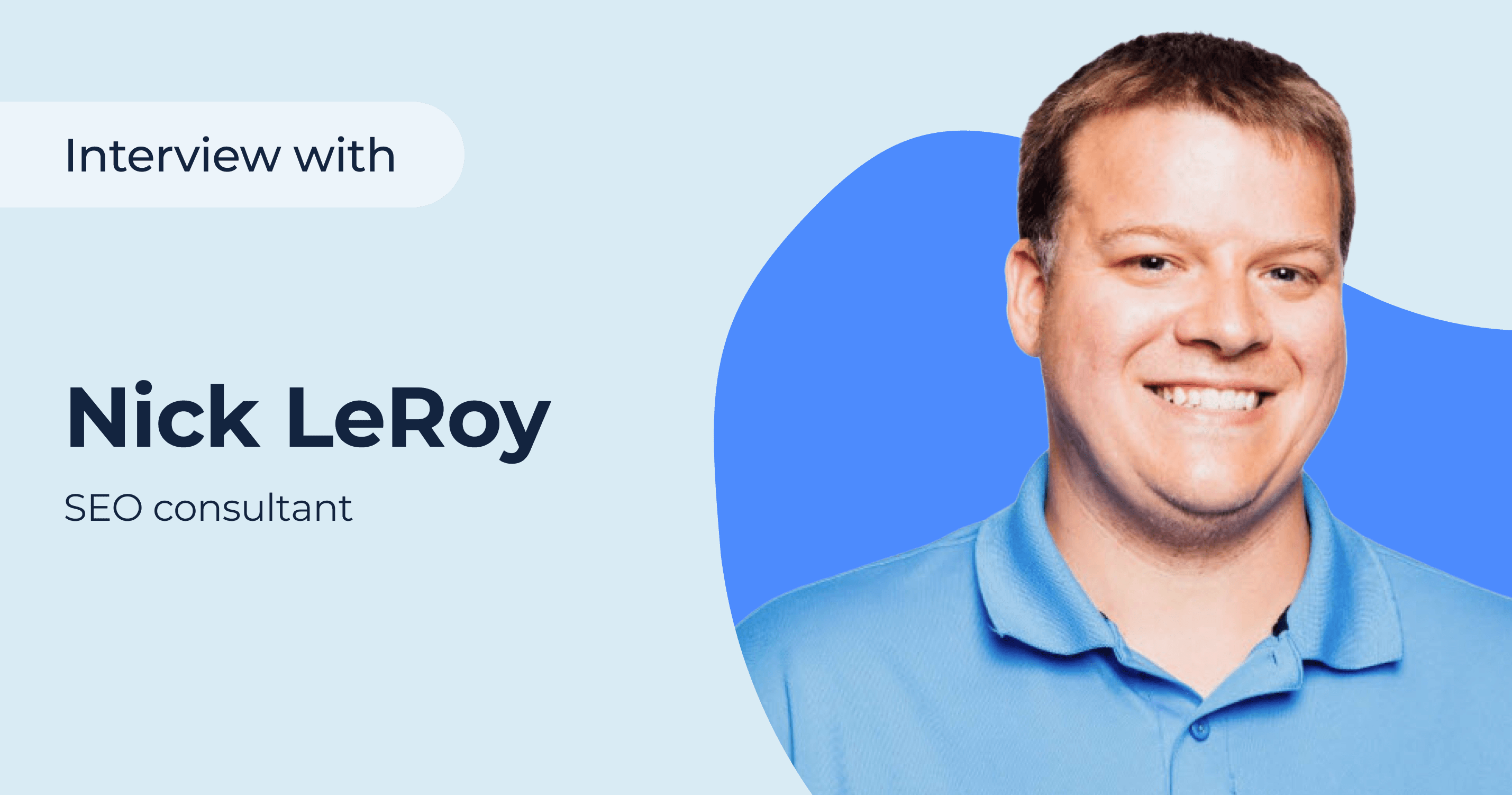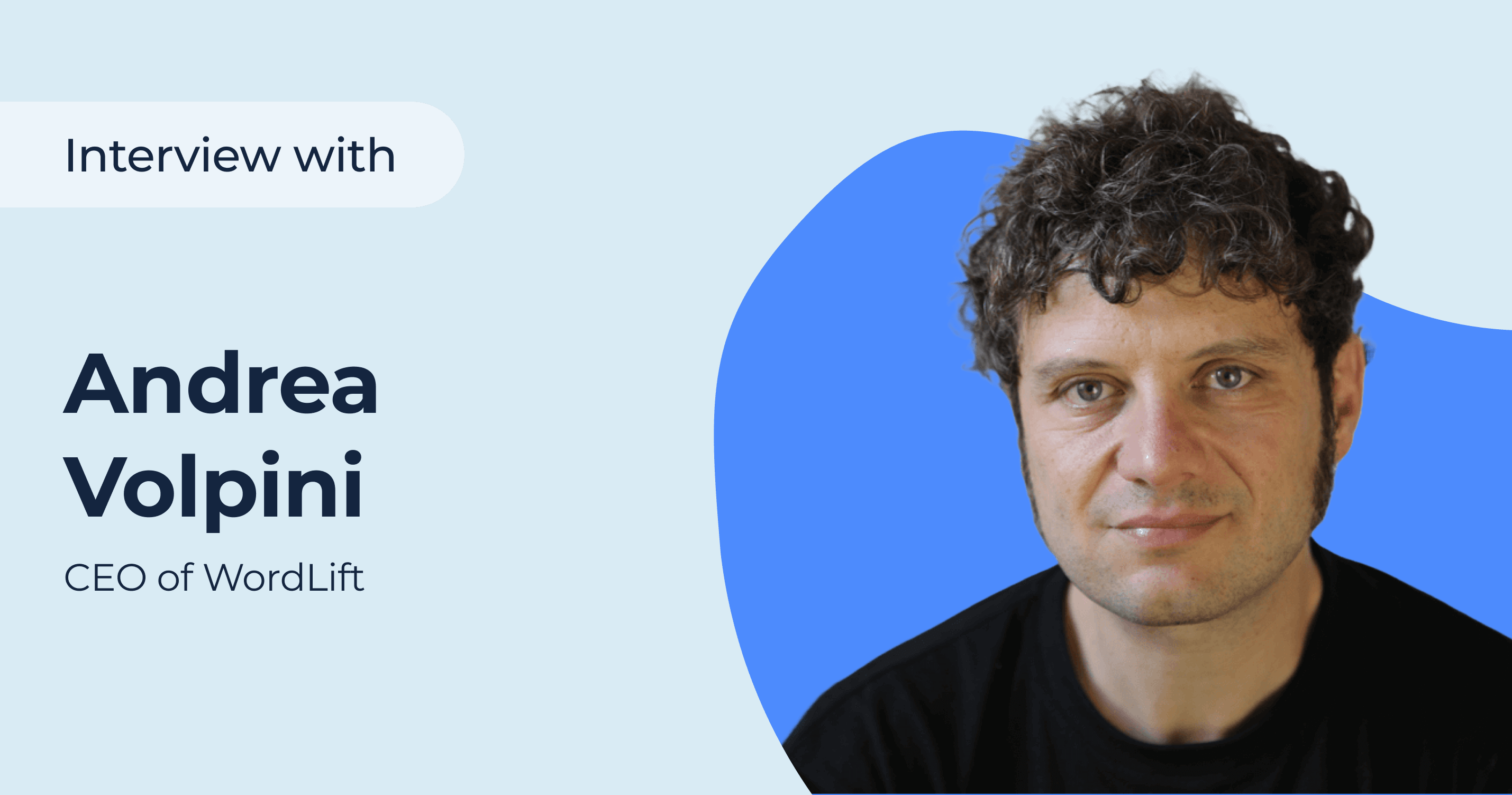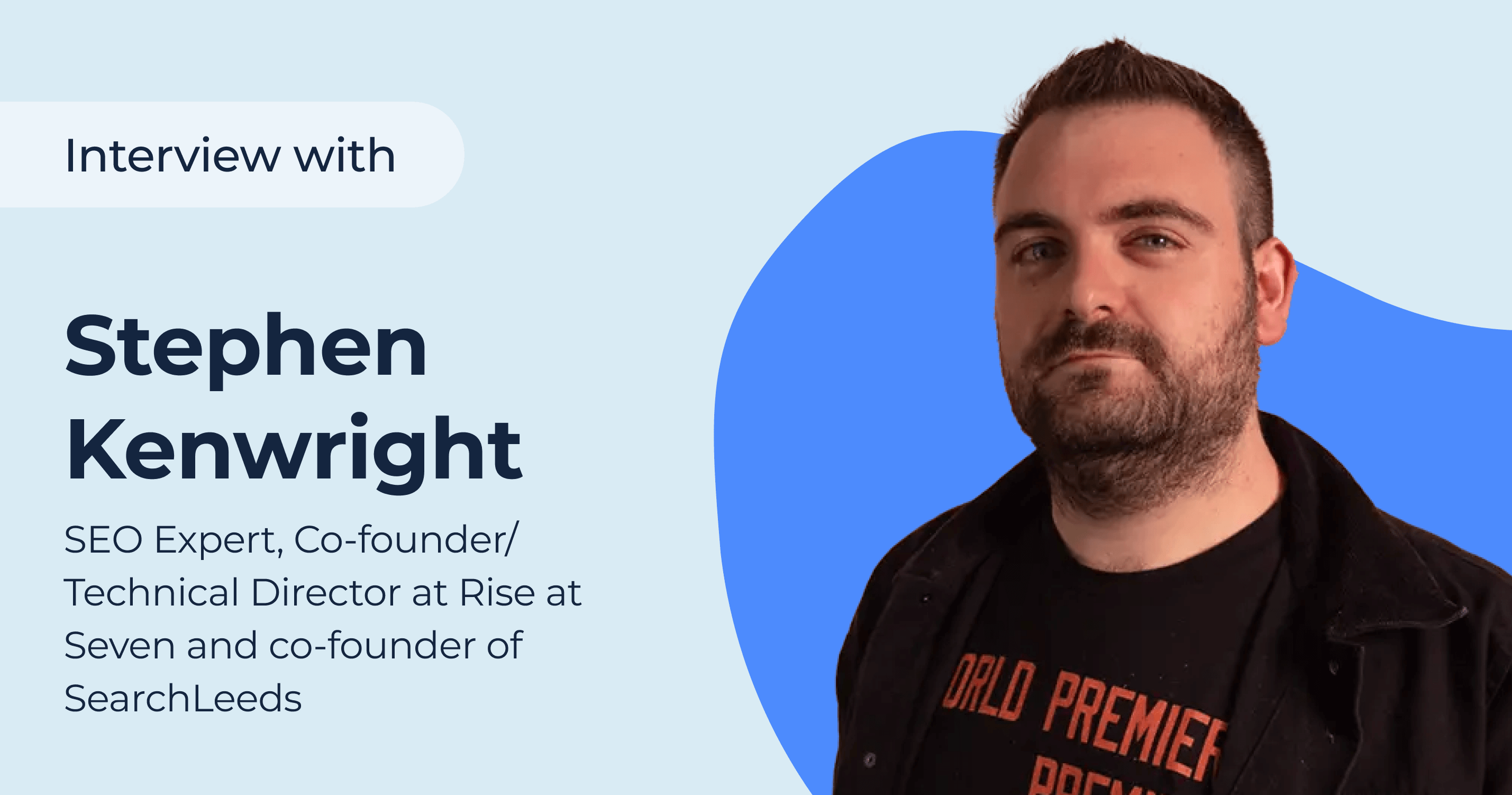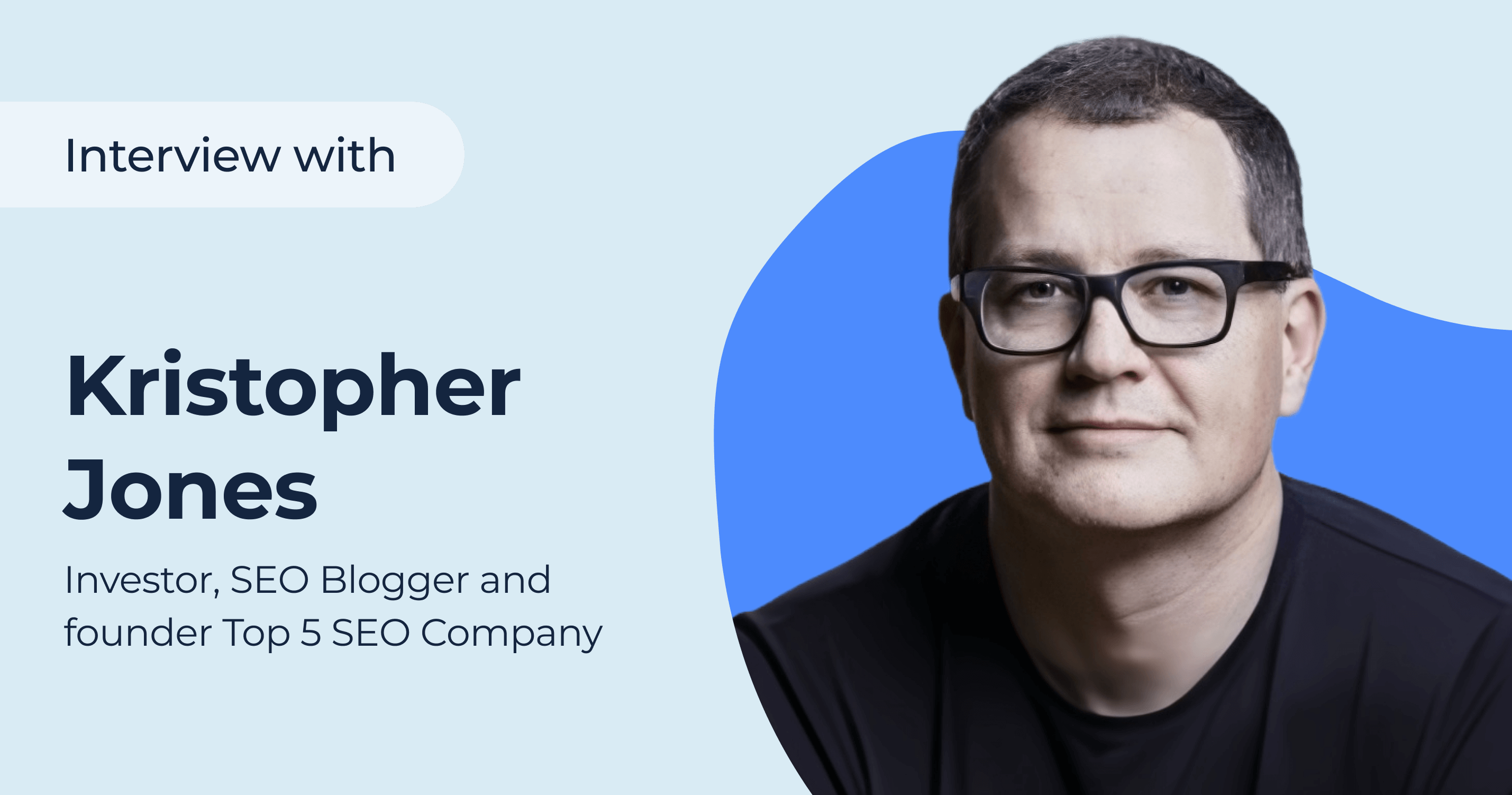Nick LeRoy is a professional SEO (Search Engine Optimization) Consultant specializing in technical SEO, content strategy, and website migrations. He is the author of the newsletters #SEOForLunch and The SEO Freelancer.
1. How many years of experience in digital marketing do you have?
I’ve been in SEO since 2009, so 13 years of which the past 2 years have been working full-time as a freelance SEO consultant.
2. What type of digital marketing do you have the strongest skills in?
I consider my technical SEO skills to be the strongest. I can help with pretty much any aspect of SEO but if you want the best return on my time, it should be focused on technical opportunities.
3. What projects have you launched recently that you are proud of?
I have two newsletters. The #SEOForLunch newsletter which i’ve been writing for years and more recently I launched a second newsletter called The SEO Freelancer. The freelancer newsletter is a bit of a passion project as I document my own journey as a freelance SEO consultant. My goal is to help people on the edge to take the leap and try out freelancing.
4. What do you do to further your own SEO knowledge and skills?
As previously mentioned, the #SEOForLunch newsletter forces me to keep a close pulse on industry updates. This newsletter keeps me accountable in making sure that I follow critical SEO updates and the brilliant ideas that other practitioners share in our industry.
5. What SEO tactics do you think are underrated?
Most SEO tactics have some level of value in my opinion. However, it’s critical to prioritize the right ones so that you don’t spin your wheels in driving performance. I think on-page components such as image alt tags, headers and any form of keyword density (keyword usage in content) is in the “very low” value territory.
6. What is your checklist for website migration?
A super high level checklist I follow:
- Baseline existing performance.
- Create a sitemap of existing website.
- Identify variables in the launch of the new website (URL changes, content deprecation, domain changes etc).
- Map 301 redirects.
- Update internal linking.
- Test redirects – again and again.
- Go live.
- Test redirects, QA newly launched site and monitor performance.
7. You have launched a successful #SEOForLunch newsletter. What you can recommend to beginners on how to increase their newsletter audience?
Keep writing. Honestly, I spent years writing the newsletter before I hit the first 1,000 subscribers. I wanted to quit many times but i’ve been fortunate to get some good feedback from readers that keep me pushing forward week to week. In fact, I’m closing in on the 270th issue!
Don’t forget to promote your own work. I attribute most of my slow work to allowing my growth to be completely organic. I rarely promoted the newsletter as I thought it was spammy. In reality, if you don’t share it anytime you have an opportunity, people won’t know it exists.
8. What are the key reports that an SEO specialist should pay more attention to in Google Analytics?
The landing page report should get the most love from SEOs. In this report you’ll see where your organic traffic is landing and what is contributing to conversion – whether it be a form signup, a download or even a purchase. For those with larger websites, be very careful of sampled data!
9. In your opinion, what are the top trends for SEO in 2022?
- Large websites need to focus on crawl budget and the efficiency in which Google discovers and indexes the content on a site;
- Internal links. Such an underrated tactic that play such a significant role in page level discovery/indexing and even rankings;
- Schema Markup. The more information we can directly feed to search engines to understand a page’s intent the better;
- Links matter. Inbound links are a critical component to SEO. Hoping Google moves away from them is a losing proposition;
10. How do you make competitor analysis? Please provide a short 1-2-3 steps guide.
- Identify topics and seed keywords that are critical to your users’ purpose for visiting your website. Don’t limit yourself to 3rd party tools, utilize internal data as well as Quora/Reddit to understand your users pain points.
- Identify competitors that are regularly displaying on page one in Google for these topics/seed keywords.
- Run top page analysis for each of these competitors.
- Identify the top keywords driving traffic to these pages
- Rinse and repeat.
11. What is your approach to developing an SEO strategy?
The SEO strategy should be rooted in answering questions and identifying solutions for every stage in your customer/users journey. This is step 1.
Step 2 is making sure you have a technically sound website to allow search engines the best opportunity to discover/index and eventually rank your sites content.
Step 3 is to create assets that are considered gaps to step 1. This can be content creation through a blog/article/video or even creating new products to offer.
Step 4 is to build awareness of your solutions. This can be a combination of link building / social media / email and or even paid media.
Rinse and Repeat.
12. SEO is such a controversial thing. Every SEO specialist rates its success differently. What is your way to rate SEO success? What metrics do you look at?
Revenue. If you can’t measure the financial impact of your SEO efforts then you’re not likely providing a positive ROI.
Even if you don’t sell products, a signup or page view can still be tied to monetary value that is further tied into a monetization solution.
ALWAYS measure your SEO efforts.
13. How can start-ups and early-stage businesses use SEO effectively to drive traffic to their sites?
Google my business can still be a quick win depending on your niche and location. Id also encourage start-ups and other early stage businesses to optimize the experience users have in the search engine while searching for various branded terms.
Non brand visibility will take time and very rarely does a “cheat code” exist.
14. What do you prefer the most: client SEO, own projects, consulting, something else?
My own projects are the most rewarding. When you own 100% of the execution you only have yourself to blame if you don’t succeed. With client SEO it’s too common for SEOs to point to any of the many variables as the reason why goals weren’t met.
Consulting is a close second. I work nearly exclusively with enterprise clients. They often have have the resources to succeed in an SEO campaign but lack direction or prioritization in execution. I enjoy working with various team leads to work SEO initiatives within a larger marketing strategy to help the brand (and website) grow overtime.
15. What strategy do you prefer: launch and grow many small projects or work on a few solid projects?
There is an argument for both. I’ve really only seen success by focusing on a few solid projects. For me, personally, I get distracted easily. If I juggle too many projects I am unable to give any one of them my best work.
16. Have you ever used black hat and grey hat SEO tactics? What do you think about them?
I think black/grey hat tactics are very subjective. I’ll simply say Yes.
In many instances they work. My black/grey experiences are exclusively with my personal projects and running various test. Since I work with large brands, we often don’t have to push our luck with questionable tactics to move the performance needle.
No (potential) SEO gains outweigh a large brand disappearing from the SERPs completely.
17. Have you ever run Google Ads campaigns? How do you combine Google Ads campaigns and SEO?
I personally do not run paid search or paid social campaigns. However, I often work with professionals that oversee those digital initiatives. I often find that utilizing and comparing GSC data and Adwords data to be very insightful. By utilizing this data both SEO + SEM can further refine their campaigns that allows for additional scale and broader (combined) search presence in the search results.
18. Does your university degree help to succeed in SEO and digital marketing?
No*.
*Many SEO positions still require a university degree simply to get an interview. This is why I always feel the need to add an asterix.
You’re SEO success will go as far as you are curious. Read and test. I recommend everyone coming into this industry that they (if available) register their name .com and built out a website for their own brand. It’s a great starting point where you can test SEO theory/tactics with low/no consequences.
19. Can you share your professional and business plans for the next 2-3 years?
I went full-time freelance 2 years ago. My goal is to continue to fine my processes to maximize my efficiency. Part of leaving the corporate/agency life was to get my work-life balance back. While it’s always tempting to scale with an agency of my own – right now I really enjoy the flexibility and freedom of owning my own schedule.
What’s more likely (vs agency) is scaling web properties and assets that I own. I’d like to add a few more affiliate/monetized sites to my portfolio and even offer a paid course in the future.
20. How do you see the future of SEO (in 5 years)?
I think SEO will largely stay the same. Users will always have questions and Google will rely on third party websites to help source the answers.
I suspect we’ll continue to be challenged with paid ads taking up more search real-estate year after year. We may also have to deal with Google wanting to serve answers directly in the SERP bypassing websites altogether.
As long as search engines rely on algorithms, there will always be opportunities to “game” them. However, Google is only continuing to get more sophisticated with its use of artificial intelligence. I suspect that the SERPS will only continue to get cleaner which will force all SEOs (and site owners/businesses) to adopt long lasting SEO strategies.




